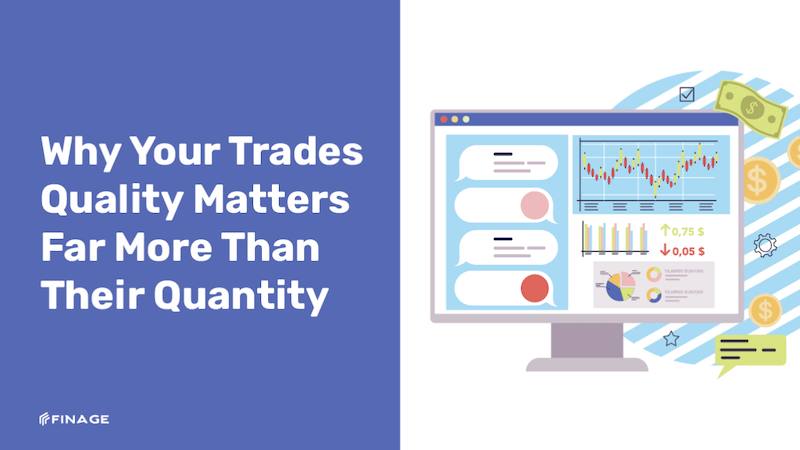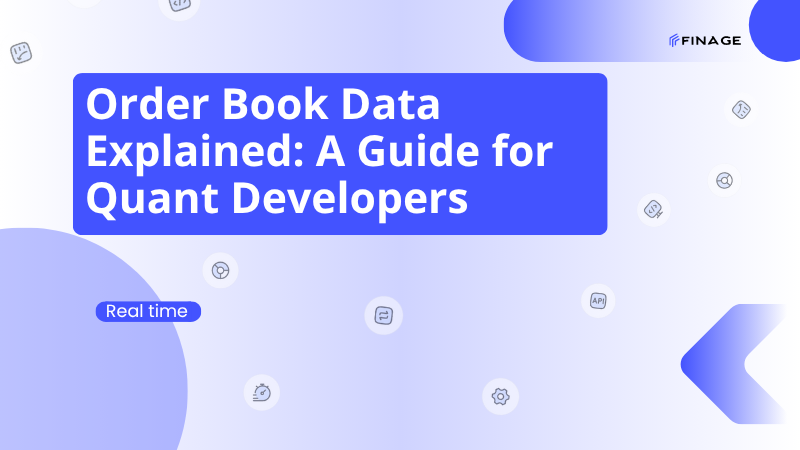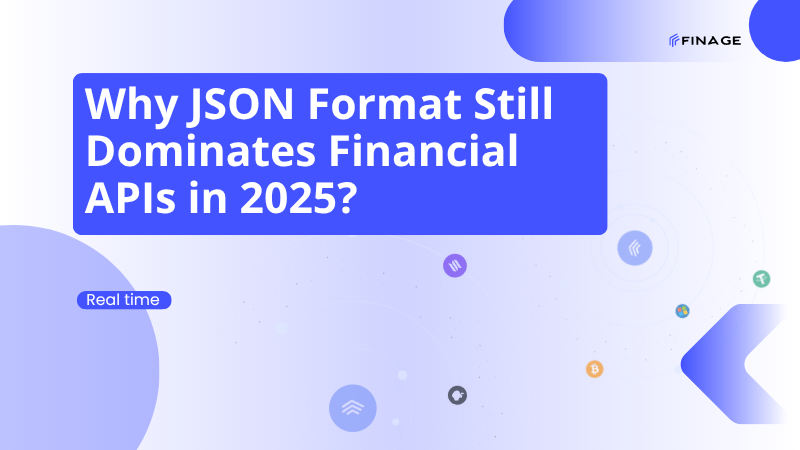Why Your Trades' Quality Matters Far More Than Their Quantity
6 min read • September 5, 2022

Introduction
Most traders are only looking to trade. They disregard the fact that the market will continue to exist tomorrow, the following day, and for the next 10, 20, and 50 years out of fear of missing out on the next big thing. Stop fretting since the market always repeats itself, which implies there will soon be another opportunity.
Even though many people trade and act as if this is their last day to do so, it's not! The most common cause of failure for traders is overtrading, which is both a "cancer" on your trading account and an obstacle to your aspirations.
What might be regarded as "overtrading"?
You are overtrading if you discover that you are virtually constantly in a trade. You are overtrading or ready to overtrade if you discover that you are concerned with the markets and your trades. Unless you have carefully allocated your total 1R risk among all the deals, if you are in more than one trade at once, you are likely overtrading.
There are numerous additional instances of overtrading, but the fundamental truth is that you will be unable to sleep at night and will be losing money if you are trading excessively.
I personally only trade one to six times per month, and I choose my trades extremely carefully, eliminating any signs I don't like.
Here are the effects overtrading has on your trading account and the results:
Too many trades erode your competitive edge.
Your trading edge grows more and more diluted as you make more trades. Having a trading edge boosts your odds of success, but no matter how strong your edge is, there will only be a finite number of high-probability trade signals each week, month, and year.
Therefore, as soon as you start straying from your trading edge and start making lower-quality trades that don't fit your criteria, your odds of success begin to decline. Your trading edge is essentially being diluted to the point where it finally becomes random or worse.
Quality Trades vs. Market Noise - You need to be able to distinguish between market noise and true high-probability price events. You can read more about this topic and view some sample charts in a post I produced titled "How to trade sideways markets." The key takeaway is that if you don't recognize the difference between market noise and real price action signals worth betting money on, you'll inevitably end up making trades based on noise rather than real signals, further eroding any advantage you may have.
Why do you suppose casinos are so profitable? Frequency. Because games are played frequently, their advantage will continue to work in their favor over and over. Always, the home prevails. The broker is the house in trading, and they usually come out on top because not only do a lot of people trade but most of them trade WAY TOO MUCH. Therefore, as a retail trader or investor, your only REAL "advantage" is to simply trade less!
Consider this: You lose money on every 100 trades in the form of spread or commissions, therefore the more trades you make, the more you lose owing to the "churn" of your account.
Avoid trading like a casino player and carefully plan, screen, and choose your deals instead. In order to keep your edge, you should try to avoid repeatedly paying the spread to the market or broker.
Anything done in excess is typically a terrible decision.
When it comes to most activities, including trading, doing too much of one or overthinking or fretting about another activity can have a detrimental effect on how well you perform at that activity.
Your brain is predisposed to addiction...
What do video games, gambling, trading, drugs, sugar, blue light from your smartphone, and all of these other things have in common? They can all develop dangerously, outrageously strong addictions.
While this evolutionary feature served us well as hunter-gatherers thousands of years ago, in modern society with all of its destructive vices and temptations, it tends to work against us and, in some circumstances, even kills us. Our brains are wired and made to get hooked to things.
Our brains operate on a reward system; whenever we experience pleasure, we receive a brief "injection" of dopamine and other feel-good chemicals. Therefore, whether it was harmful to us or beneficial, we were dependent on whatever provided us that dopamine rush. Drugs, for instance, are obviously dangerous for you, but they can also make you feel incredibly good, and even though we are aware of the terrible repercussions they bring, we can develop an addiction to that nice sensation. Certain narcotics, such as heroin, are particularly deadly since they are highly addictive and can quickly result in death. Contrarily, exercise also generates "feel-good" neurotransmitters, which might make you addicted to the sensation and make you more motivated to keep working out, which is obviously a positive thing.
Knowing the fundamentals of how your brain functions, it should be clear that you need to exercise extreme caution and train yourself to get hooked on positive thoughts and processes rather than negative ones.
How To Stop Overtrading
I've been trading the markets for around 18 years, and I've been educating traders for more than half of that time. I can say without a doubt that I have repeatedly learned every lesson there is to learn about the markets. So, based on my experience, I'll lay out a plan for you below that, in my opinion, will "cure" you of the overtrading "disease" that is probably destroying your trading account at the moment.
Set a monthly maximum of 10 to 12 trades; ideally, fewer.
Your trading strategy must be constructed around a few strict criteria. Consider it this way: A portion of your trading strategy is inflexible, and within that rigid framework, there is some flexibility, such as in your risk tolerance, entry method, stop loss placement, etc. However, it is actually vital to the state, "I am not going to take more than 10 trades a month," or "I am going to do 5 trades, at most," when it comes to trading frequency. I would prefer to just trade between 5 and 7 times per month. You may be overtrading if you trade more than 10 times each month.
Apply a filter after waiting for configurations that fit your goal.
When I refer to "applying a filter," I'm referring to a set of standards you use to determine whether a deal is worthwhile or not. When I employ a T.L.S. filter, I look for trades that have at least two of the three factors—Trend, Level, Signal, etc.—converging in their favor.
Trading like a sharpshooter and waiting patiently like a crocodile searching for prey are your two main objectives. You won't pursue "every" target or the prey that appears powerful and challenging to "kill." Saving your "ammo" (trading funds) for the weaker/easier-to-catch prey/trades will increase your chances of success. Just as a sniper only has so many shots to use and a crocodile only has so much energy, you can only risk so much money. Use it cautiously to avoid blowing out your account or running out of it.
Focus only on markets that have technical data and are moving firmly in one way.
Trading in choppy market conditions is a common mistake made by traders. This leads them to enter a trade, which immediately starts to go against them, and then they want to enter another one. At that point, dopamine is sought after. Jumping from one trade to another is quite risky. You are considerably less likely to overtrade if you stick with markets that are obviously trending and moving quickly in one way.
You can get your Real-Time and Historical Stock Data with Finage free Stock Data API key.
Build with us today!
Claim Your Free API Key Today
Access stock, forex and crypto market data with a free API key—no credit card required.

Stay Informed, Stay Ahead
Finage Blog: Data-Driven Insights & Ideas
Discover company news, announcements, updates, guides and more


